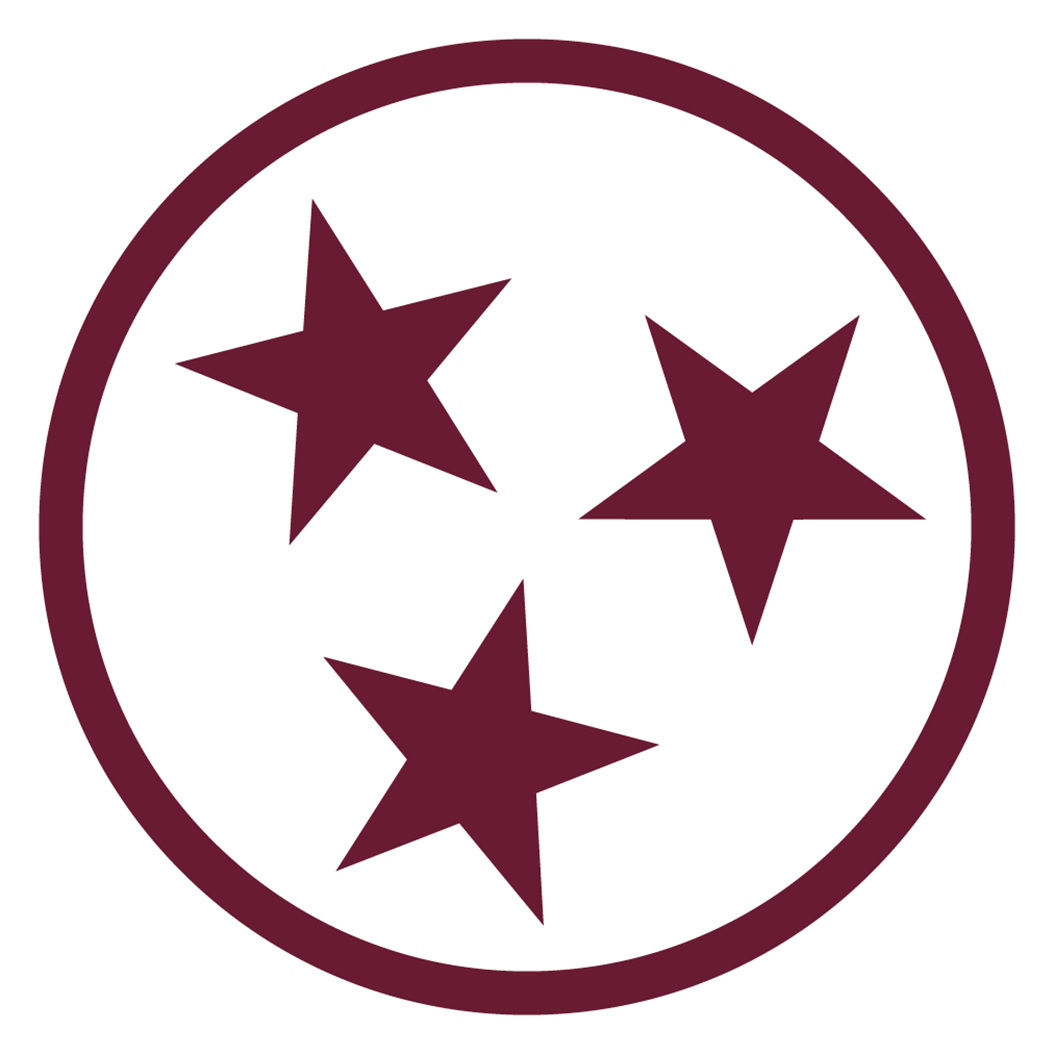Databases
For JSTOR remote access, login with Microsoft & use your school email and password.
Database FAQ
What is an online database?
An online database is an organized collection of related data accessible through a network or website.
What will I find on a database?
Depending on the database you use, you will find one or a mix of the following:
Scholarly and scientific journals
Reference sources including Encyclopedia articles
Print and online newspaper and magazine articles
Excerpts or chapters from books
Primary source documents
Photographs and illustrations
Maps
Websites
Radio transcripts
Government documents
Podcasts, videos, and other media
Why are databases better than Google?
There are currently over 1 billion websites in the world. That's a lot of information, much of which has No verification process. Unlike most published print material, there are no checks and balances to assure you are finding good, reliable information. Databases, however, only include info that has been through some sort of clearing process.
Why can't I just find the databases through Google?
All of the valuable, well-written information in our databases comes at a cost. In other words, It's Not Free! This is why you cannot "just Google* them. Because they are not free, databases sometimes require passwords or have to be accessed by specific links on our library site.
Like nice cars or exquisite homes, valid information comes at a cost.
Even the Tennessee Electronic Library is not free though we think it is. It is paid for through Tennessee residents' tax monies.
Search Tips
Use Boolean operators (AND, OR, NOT, etc.).
Use quotation marks around exact phrases, e.g. "Great Expectations" or "50 Cent". Search for synonyms and other words related to your original search term.
Use the advanced search options to get precise results. Do not use conversational language when searching, e.g. "Was Hitler a Jewish descendant?"
